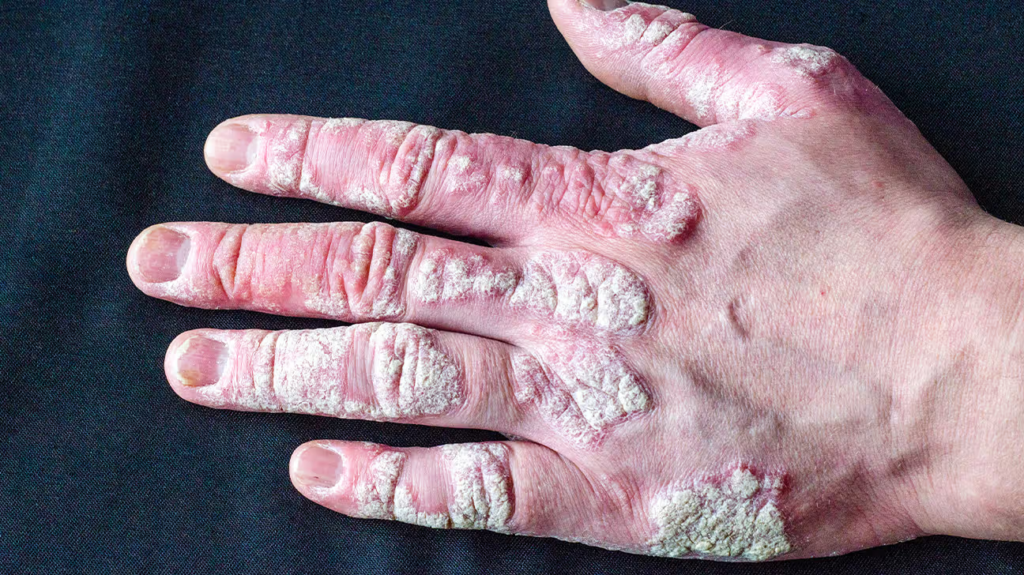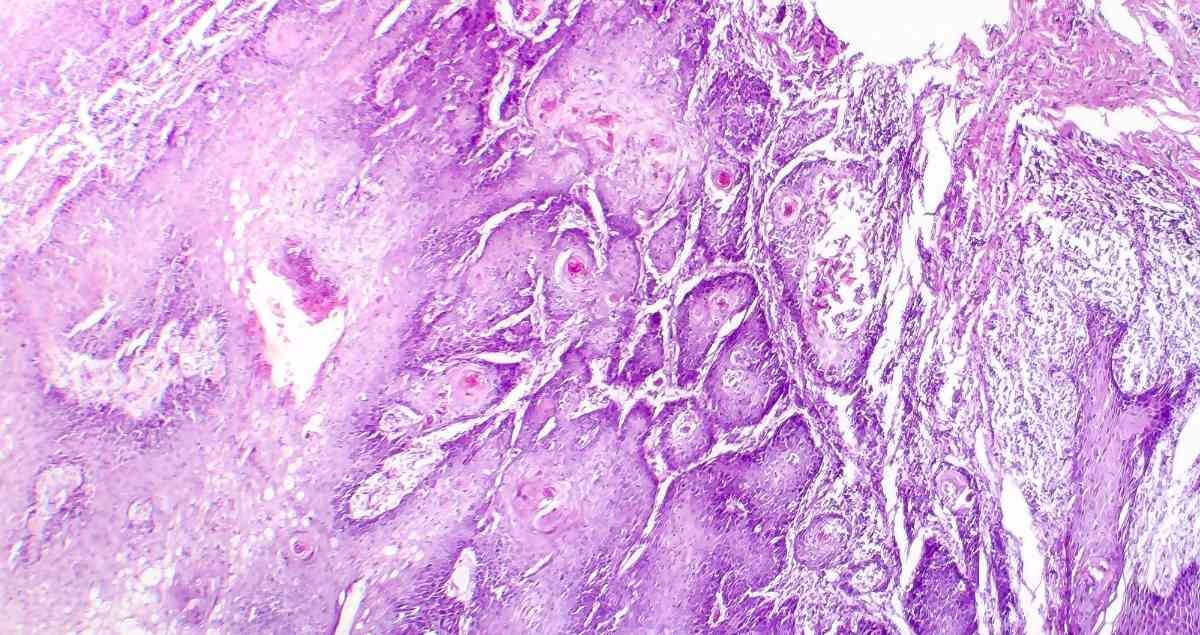
Plaque Psoriasis Treatment, which is considered as one of the most common types of psoriasis, is characterized by red patches which are elevated and secured with thick and grayish white build-up of dead skin cells also known as the scale. These plaques, which may be referred to as patches, can trigger severe discomfort, such as itching or soreness. In fact, psoriasis could develop on any body part, yet often it affects the scalp, knees, elbows, and the lower back. This blog, therefore, explores the most widespread form of psoriasis that generates a number of signs and which can be influenced from the very beginning. The distinguishing and effective ways of treating the disease are also addressed.
Understanding Plaque Psoriasis
Plaque psoriasis is a type of an autoimmune condition in which skin cells can quickly live short lifespans, and begin to accumulate on top of several layers of the skin. (Factor in another sentence to add more elaboration). Several factors may be involved for the cause of this problem and there is still debate about what it really is – it may be that the inflammation caused by immune system malfunction (or some other factor) leads to the excessive buildup of skin cells.
Recognizing Early Psoriasis
When it comes to psoriasis, which is a plaque psoriasis, the right diagnosis is the key to the proper management. First stage psoriasis, a skin condition, appears as tiny red scaly marks that people could confuse for a rash or dermatitis. Therefore, to know and diagnose AS in good time, you should observe the early signs of this disease as well as if there is a family history of psoriasis.
Symptoms and Areas Affected
Psoriasis patients’ symptoms tend to differ however a usual symptom is intense redness of the scalp, covered with thick silvery flakes, dry, cracked skin which may bleed at times, intense itching, burning and soreness. Often it is psoriasis on hands, head psoriasis, or scalp psoriasis which manifests, and both those and all other types of psoriasis on the body may be a cause of difficulties in everyday tasks and low self-esteem, due to the fact that it is very noticeable.
Mild to Severe Plaque Psoriasis
Psoriasis can vary in severity, from mild psoriasis with only a few small spots, to chronic cases with prominent plaques that entirely cover the body. The treatments may differ among patients by the disease stage and its effect on the quality of life.
Plaque Psoriasis Treatments
The treatment of psoriasis aims to reduce the amount of inflammation and encourage replenishment of the skin’s outermost layer. Patients are usually given topical treatments or phototherapy, as a first step, in mild cases of psoriasis, and more powerful systemic drugs and biologics in cases of severe condition:
- Topical Treatments: These are often the first line of defense for mild to moderate plaque psoriasis and include corticosteroids, vitamin D analogues, and topical retinoids.
- Phototherapy: This involves exposing the skin to ultraviolet light under medical supervision. It’s effective for moderate to severe psoriasis that hasn’t responded to topical treatments.
- Systemic Medications: For moderate to severe psoriasis, oral or injected medications that affect the whole body may be necessary. These include methotrexate, cyclosporine, and acitretin.
- Biologics: These drugs target specific parts of the immune system and are used for more severe cases. They are administered through injection or intravenous infusion.
- Scalp Psoriasis Medicine: Special considerations are given to scalp psoriasis, which might include medicated shampoos, topical treatments, and injections.
Managing Psoriasis Skin Rash
Other than medical care, psoriasis treatment entails constant skin regimen such as keeping the skin moisturized, knowing your triggers for psoriasis flares, and resorting to a healthy living.
Advances in Psoriasis Treatment
The constant improvement of the treatment from one medication to another and one therapy to a new trial take place in sporiasis treatment. The novelty of these thrills could pave way for more approaches that relate to the disease which in turn leads to the proper management and the development of new treatments for patients.
Conclusion
As someone who is dealing with a plaque psoriasis disease, this can be a very hard situation to be in, but with medications, some lifestyle changes and just a little support system, it can be managed appropriately. Appreciating the disease, noticing early symptoms and taking necessary treatment manoeuvres would help greatly towards the improvement of life of those who have plaque psoriasis. Advanced treatments for skin diseases like psoriasis, no matter mild or severe – scalp or on the hands – now have the possibility for these people to live comfortably while having hope for the future.









